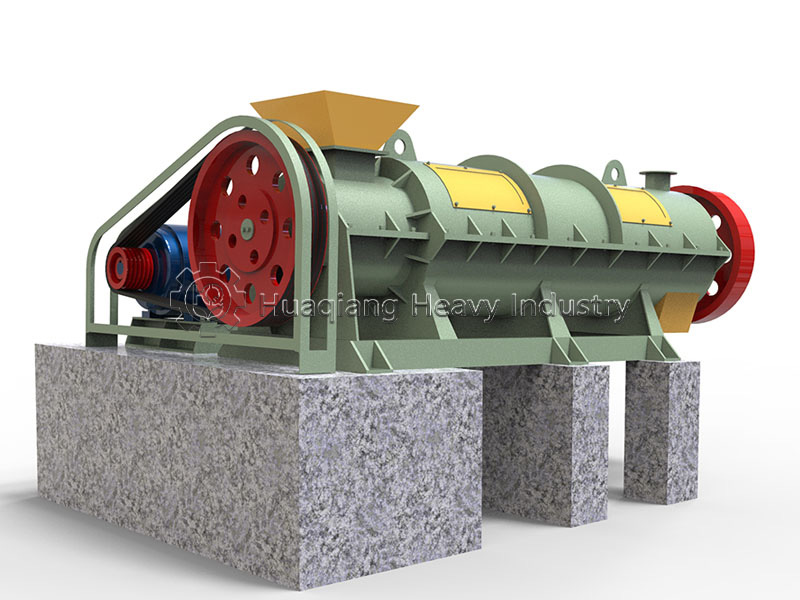In a complete bio-organic fertilizer production line, the drying and cooling processes, though at the end of the production chain, are crucial in determining product quality. These two processes not only affect the physical properties of the product but also directly impact the survival and efficacy of active microorganisms in the fertilizer.
The drying process plays a vital role in controlling the moisture content of the product within the bio-organic fertilizer equipment system. Fertilizer granules fresh from the organic fertilizer granulator contain high moisture content and require gentle drying using specialized bio-organic fertilizer equipment. Modern drying equipment employs segmented temperature control, effectively removing moisture while avoiding damage to the microbial community from high temperatures, ensuring uniform heating of the fertilizer granules.
The cooling process follows closely after drying and is equally indispensable in the bio-organic fertilizer production line. The heated fertilizer granules need to be rapidly cooled to a suitable temperature, and controlling this process is crucial for maintaining granule strength and microbial activity. High-quality bio-organic fertilizer equipment can precisely adjust the cooling according to product characteristics, ensuring optimal cooling results.
In the design of a bio-organic fertilizer production line, the drying and cooling system needs to be seamlessly integrated with upstream equipment such as the organic fertilizer granulator. The granular material output from the organic fertilizer granulator is smoothly conveyed into the drying and cooling system. The entire process requires continuity and stability to avoid affecting product quality due to improper process connections.
With the continuous development of the bio-organic fertilizer industry, drying and cooling technologies are also constantly innovating. New bio-organic fertilizer production lines have made significant progress in energy conservation, consumption reduction, and intelligent control, making important contributions to improving the overall technological level of the industry.


